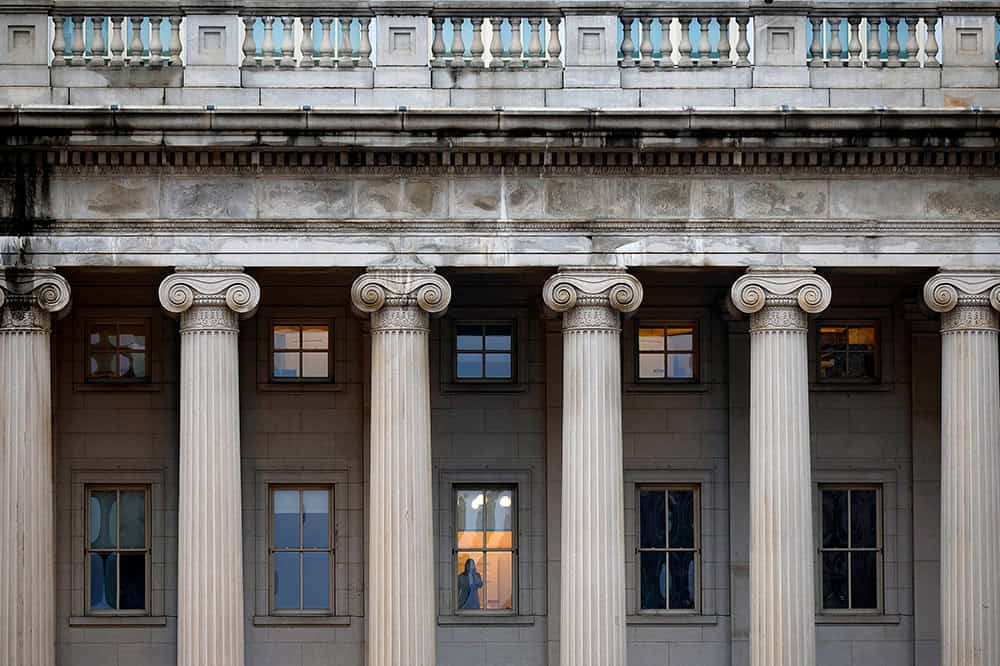Statement from the Peterson Foundation on CBO’s Updated Budget Projections
NEW YORK — Michael A. Peterson, President and COO of the Peter G. Peterson Foundation, commented today as the Congressional Budget Office released its Updated Budget Projections for 2014-2024:
“CBO’s report shows that the current period of declining deficits is a temporary phenomenon. In fact, our deficits will begin rising again in just two years — and that’s before the major long-term drivers of our debt kick in. Interest costs alone will be a staggering $5.8 trillion over the next 10 years, becoming the third largest ‘program’ in the federal budget, crowding out important investments in our own future. To solve this problem for the long term, we must address the fundamental drivers of our debt, which are high and rising health care costs, an aging population, and an inadequate tax system. The good news is that solutions exist and we still have time to put a plan in place that will strengthen our recovery and build a solid fiscal and economic foundation for America in the decades ahead.”
CBO’s Updated Budget Projections 2014-2024 includes the following key findings:
- CBO reports that deficits will grow in 2016, and we’ll be back to trillion dollar annual deficits in just 8 years, stating “if current laws do not change, the period of shrinking deficits will soon come to an end. Between 2015 and 2024, annual budget shortfalls are projected to rise substantially — from a low of $469 billion in 2015 to about $1 trillion from 2022 through 2024 — mainly because of the aging population, rising health care costs, an expansion of federal subsidies for health insurance, and growing interest payments on federal debt… cumulative deficits during that decade will equal $7.6 trillion if current laws remain unchanged.”
- Interest payments will rise from $227 billion in 2014 to $876 billion in 2024, representing a percentage of GDP that CBO reports “has not been reached in the post-World War II era.”
- CBO reports that this level of “high and rising debt would have serious negative consequences. Federal spending on interest payments would increase considerably when interest rates rose to more typical levels. Moreover, because federal borrowing would eventually raise the cost of investment by businesses and other entities, the capital stock would be smaller, and productivity and wages lower, than if federal borrowing was more limited. In addition, high debt means that lawmakers would have less flexibility than they otherwise would to use tax and spending policies to respond to unexpected challenges. Finally, high debt increases the risk of a fiscal crisis in which investors would lose so much confidence in the government’s ability to manage its budget that the government would be unable to borrow at affordable rates.”
For the full CBO report, click here.
Further Reading
The Debt Ceiling Will Be Reinstated on January 1 — Here’s What’s at Stake
One of the first, and most consequential, decisions facing newly elected lawmakers will be what to do with the debt ceiling.
How Does Student Debt Affect the Economy?
As overall student debt has grown over the past decade, it is apparent that such borrowing can place a financial burden on households.
How Does the Federal Government Subsidize Healthcare Under the ACA — and What Does It Cost?
In 2025, the expansions of the premium tax credit under the Affordable Care Act will expire, and lawmakers will have to decide whether to extend them.


